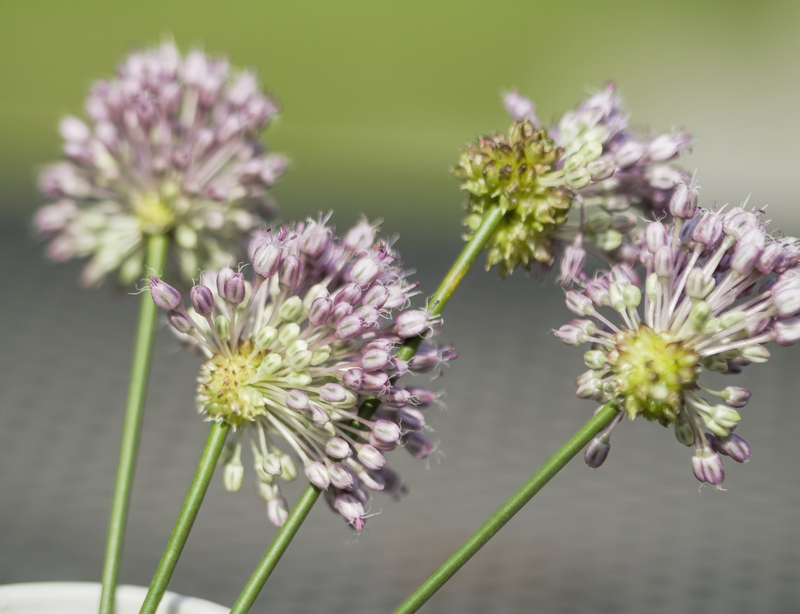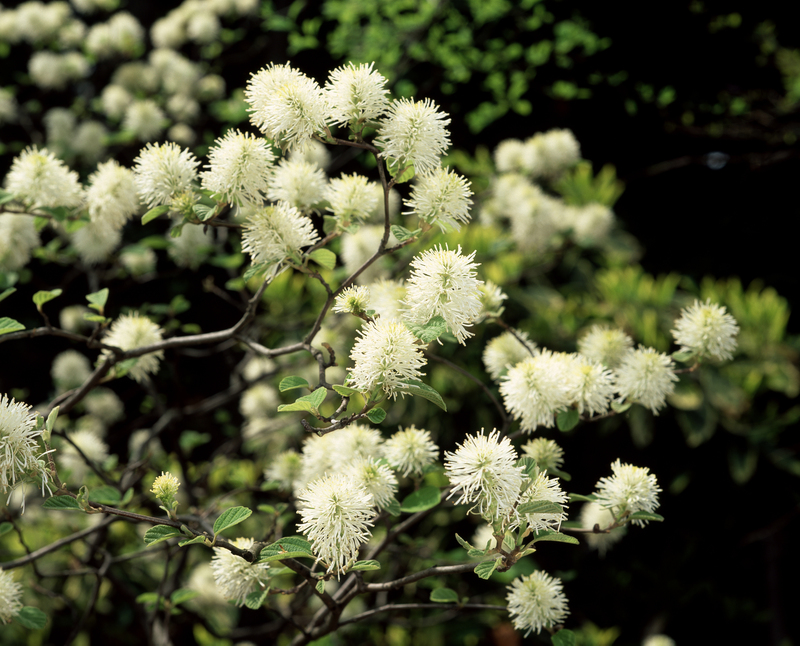Ideal Evergreen Trees for Small Gardens
Posted on 05/09/2024
Evergreen trees are a fantastic choice for small gardens due to their year-round greenery, low maintenance, and ability to create privacy and shelter. Unlike deciduous trees, evergreens do not lose their leaves, providing continuous cover and aesthetic appeal throughout the year.
Key Considerations for Selecting Evergreen Trees
When choosing evergreen trees for small gardens, consider factors such as mature size, growth habit, light requirements, and soil preferences. Ensure the tree you select will not outgrow the space and can thrive in the existing garden conditions.

Top Evergreen Trees for Small Gardens
1. Dwarf Alberta Spruce (Picea glauca 'Conica')
The Dwarf Alberta Spruce is a popular choice due to its compact size, slow growth, and conical shape. It reaches a height of 4-6 feet, making it suitable for small spaces. This tree thrives in full sun and well-drained soil.
2. Hinoki Cypress (Chamaecyparis obtusa 'Nana')
The Hinoki Cypress is a slow-growing, dwarf conifer with a graceful appearance. It grows up to 10 feet tall but can be kept smaller with pruning. The tree prefers partial shade and well-drained soil, making it ideal for small gardens.
3. Mugo Pine (Pinus mugo)
The Mugo Pine is a versatile evergreen that can be grown as a shrub or small tree. It reaches a height of 3-10 feet, depending on the cultivar. This hardy tree tolerates various soil types and can thrive in full sun to partial shade.
4. Japanese Holly (Ilex crenata)
Japanese Holly is an excellent choice for small gardens due to its small, glossy leaves and compact growth habit. It can be shaped into various forms and reaches a height of 5-10 feet. This tree prefers partial to full sun and well-drained, acidic soil.
5. Boxwood (Buxus sempervirens)
Boxwood is a classic evergreen choice for small gardens. It is known for its dense foliage and ability to be shaped into hedges, topiaries, or small trees. With a height of up to 6-8 feet, Boxwood prefers partial to full sun and well-drained soil.
Pros and Cons of Evergreen Trees for Small Gardens
Pros
- Year-Round Interest: Provides consistent greenery and structure throughout the year.
- Low Maintenance: Many evergreen trees require minimal pruning and upkeep.
- Privacy and Shelter: Evergreens create effective privacy screens and windbreaks.
Cons
- Potential for Overgrowth: Some evergreens can outgrow their space if not properly maintained.
- Limited Seasonal Changes: Lack of seasonal color change may be a downside for some gardeners.
- Soil Requirements: Certain evergreens have specific soil preferences that may not suit every garden.
Tips for Growing Evergreen Trees in Small Gardens
- Choose the Right Variety: Select dwarf or slow-growing varieties that fit your garden's size and conditions.
- Prune Regularly: Keep your evergreens in check by pruning to maintain their shape and size.
- Monitor Soil and Water: Ensure your evergreen trees receive the right soil type and adequate moisture without becoming waterlogged.
- Provide Mulch: Mulching helps retain soil moisture and regulates temperature, which is beneficial for evergreens.

Key Takeaways
- Evergreen trees provide year-round beauty and structure to small gardens.
- Choose appropriate species like Dwarf Alberta Spruce, Hinoki Cypress, Mugo Pine, Japanese Holly, and Boxwood.
- Consider the pros and cons, such as low maintenance and potential overgrowth, when selecting evergreens.
- Follow essential gardening tips to ensure healthy growth and appropriate size management of evergreen trees.
Conclusion
Evergreen trees are an excellent addition to any small garden, offering continuous beauty, low maintenance, and functional benefits such as privacy and shelter. By carefully selecting the right variety and following proper care tips, you can enjoy the lush greenery and unique characteristics of these trees for years to come. Remember to weigh the pros and cons and adjust your gardening practices to suit the specific needs of your chosen evergreens. Happy gardening!




